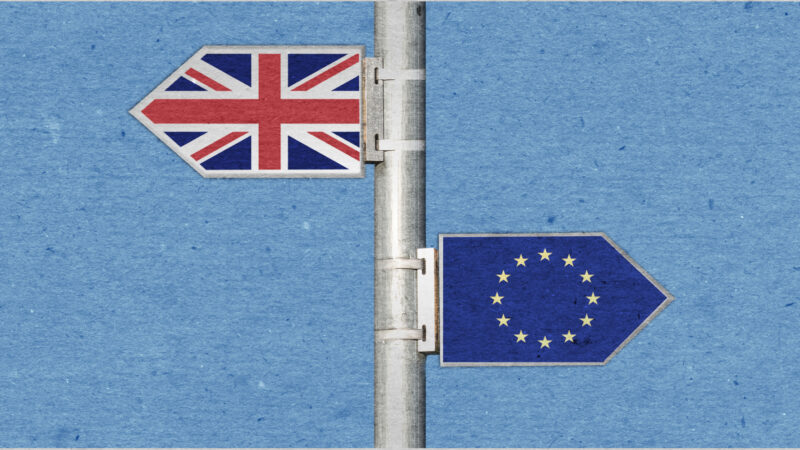
At the start of 2021, as we know, the UK is destined to be no longer constrained by the trade regime through which we currently have to operate via the EU’s single market and customs union. The UK will then be free to plough its own furrow in world trade. How should we respond?
In the background is the huge balance of payments deficit that we have seen build up year after year with the EU, running in 2019 at almost £110bn. This compares with the surplus of £26bn that we had last year with the rest of the world. If we are going to pay our way in the world, therefore, it is no good for us to remain focused on the slow-growing EU market. We need to build on successful foundations further afield.
The Foundation for Independence’s first publication, The role of an independent United Kingdom in the Indo-Pacific region, set out several suggestions for what needs to be done – particularly in the crucial Indo-Pacific region. We need a policy with a strong commercial foundation, but also one set in the context of several wider strategic and security objectives.
The next Labour government will be the first since Harold Wilson’s first administration between 1964 and 1970 to operate a truly independent trade policy. A lot has changed since then. In that period, the Vietnam war was raging and China was not yet a great power. The next Labour government is going to need to ensure that the UK plays a key role in the region for our own prosperity and security and for that of our allies and friends.
We need to become more wary of China as its economy becomes more powerful and its political ambitions get more obvious and more threatening. What is at stake here is not just commercial supremacy but a clash of different ways of organising society and conducting international relations. We need to make sure that, along with other democratic and law-abiding nations, we constrain Chinese ambitions by avoiding becoming too dependent on Chinese supplies of products – not least pharmaceuticals and personal protective equipment, as has been exemplified so clearly by the current coronavirus pandemic. Labour should actively seek to reshore the manufacturing of vital products and industries to the UK, or divert to other nations in the region where permissible.
We need to uphold the norms and values that have been responsible for the orderly growth in international trade in recent decades – the values of free trade, the inviolate nature of state sovereignty and the importance of multilateral dispute settlement procedures. We cannot preside over a global shift to the east, where a dominant China that has merged economic freedom with political serfdom becomes the new power determining international norms and values.
At the same time, we need to recast our approach away from some of the legacies embedded in the existing EU trade deals, and which we are in the process of inheriting with countries such as South Korea and Japan, where the UK – particularly in the provision of technology and services – has different interests from those of the EU. There are huge opportunities for the UK in this area, and Labour should look to ensure the UK works closely with those countries, including in student exchanges, business seminars and trade fairs.
Armed with this structure, we need to encourage UK firms – especially smaller ones that have not significantly been involved with exporting up to now – to play a key role in driving UK sales to markets that are expanding much more rapidly than those in Western Europe. While there have been some success stories, there have not been enough of them. If the UK is to pay its way in the world – as it needs to do – then we will require a national effort to make sure that this happens.
The UK’s relationship with India could be vastly improved. India will be a superpower and one that shares the same legislative and judicial model as the UK. Many Labour MPs represent constituencies with considerable Anglo-Indian populations, and we need to ensure that the next Labour government develops a special relationship with India. We need to ensure that Indian students can come to the UK in the same way that European students have fair access. We need to see more inward investment to India from the UK, and vice-versa. Our historical ties are a competitive advantage and Labour should seek to make India the primary partner for the UK in Asia.
Leaving the EU’s institutions allows us to launch out on new initiatives and to release new energy. The next Labour government led by Sir Keir Starmer should be equally as ambitious and energetic for the UK. The Foundation for Independence’s first report shows how this can be done in a key area of the world’s economy.




More from LabourList
Turning the page? Labour’s recovery in the polls show a path to 2029 victory
Restoration announce recommendations for NEC candidates
‘Factionalism at the top is weakening Labour – and handing a gift to Reform’